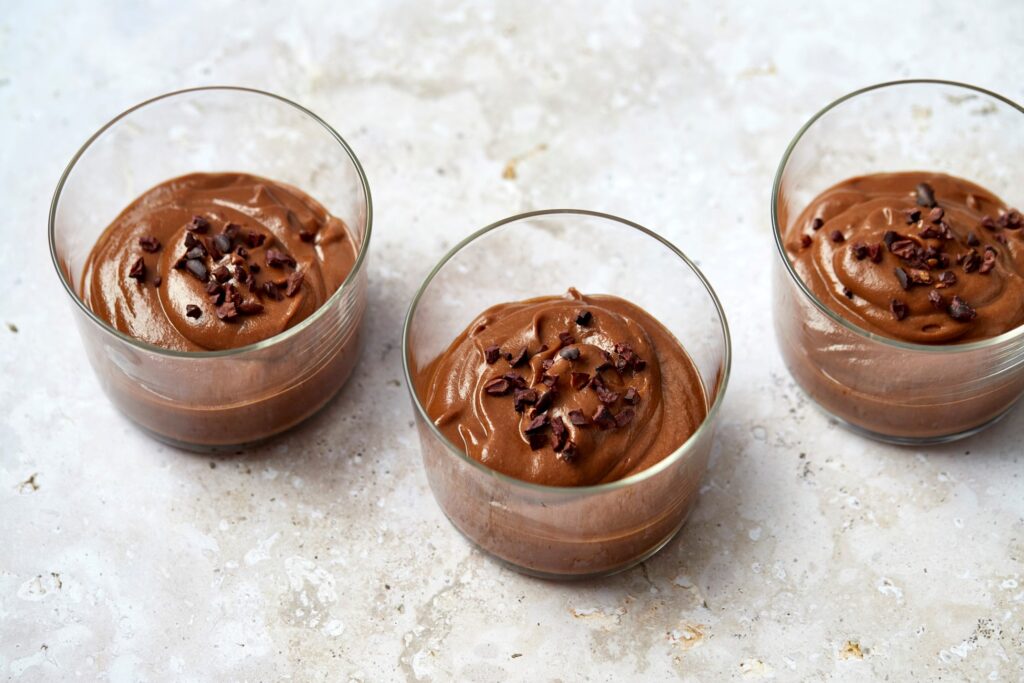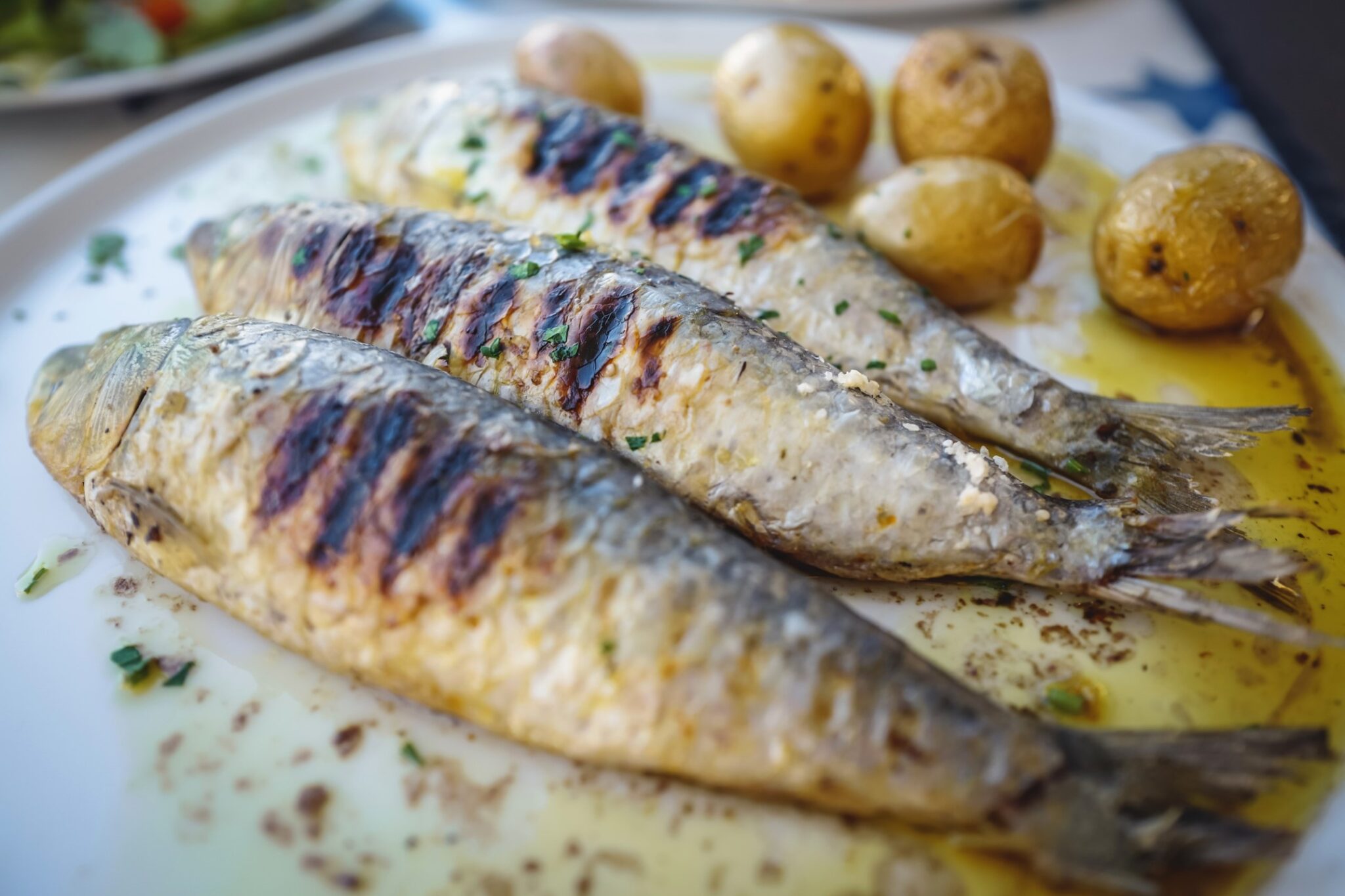Introduction: Unlocking the Power of Food for a Sharper Mind
Hey there, ever wondered how you can maintain a sharp and vibrant memory? Well, it turns out that it’s not just about engaging in brain exercises or reading books. Your diet plays a significant role too! Scientific studies have revealed that an unbalanced diet, loaded with sugars and unhealthy fats, can actually cause your memory to falter. On the other hand, a healthy and balanced diet can help safeguard and even improve your memory. So, let’s dive into the world of memory-boosting foods and uncover the secrets of oily fish and chocolate!
Oily Fish: Your Memory’s Best Friend
Let’s start by exploring the wonders of oily fish. These slippery swimmers, like sardines, salmon, tuna, mackerel, and herring, are packed with a special nutrient called omega-3 fatty acids. But don’t worry if you’re not a fan of fish—vegetable oils like rapeseed, walnuts, and flax also contain this memory-enhancing nutrient. When you consume these foods, your brain gets a powerful boost from two essential molecules: docosahexaenoic acid (DHA) and eicosapentaenoic acid (EPA).
Now, pay attention to this exciting bit: DHA and EPA are crucial for the production of new neurons and the proper development of your brain, especially during childhood. As you grow older, these omega-3 fatty acids step up to protect your brain and keep it functioning at its best. In fact, numerous studies have shown that people who regularly consume oily fish experience a slower cognitive decline and have a reduced risk of developing dementias like Alzheimer’s disease. It’s like giving your brain a shield against age-related memory loss!
But there’s more! Research has found that individuals with low levels of omega-3 fatty acids in their diet tend to have lower levels of DHA in the brain, specifically in a region called the hippocampus—the memory hub. This disruption in neuron connections can lead to memory deficits. Thankfully, omega-3 fatty acids also possess anti-inflammatory properties, which protect your brain from harmful inflammation. So, by embracing oily fish and its memory-boosting benefits, you’re not only preserving your precious memories but also safeguarding your brain’s well-being.
Now, you might be wondering, how much of this omega-3 goodness do you need? Well, experts recommend consuming around 250 mg of DHA and 250 mg of EPA every day. You can achieve these levels by indulging in portions of blue fish at least twice a week, adding a drizzle of vegetable oils to your salads, or munching on a handful of nuts. It’s like a tasty investment in your memory!
Chocolate: A Delicious Boost for Your Working Memory

Hold on tight, chocolate lovers! We have some delightful news for you. It turns out that your favorite sweet treat can actually enhance your memory too. So, feel free to savor a square of chocolate alongside your dessert or coffee—it’s not just a guilty pleasure anymore.
Numerous studies have uncovered the memory-boosting effects of cocoa, the key ingredient in chocolate. Specifically, cocoa has been found to stimulate your working memory—the part of your memory responsible for mental calculations and remembering phone numbers. It’s like a little cocoa-powered fuel for your brain! But wait, there’s even more to this sweet tale.
The secret behind cocoa’s memory magic lies in its polyphenols, a group of compounds known as flavonoids. These flavonoids act as antioxidants and possess anti-inflammatory properties, which work wonders for your brain’s well-being. They provide protection not only for your brain but also for the blood vessels that weave their way through this vital organ. It’s like giving your brain a shield and a sweet treat all in one!
But here’s the cherry on top: consuming a square of dark chocolate, weighing about 6 grams, has been shown to reduce the risk of cardiovascular diseases by 20 to 40 percent. These conditions, such as stroke, are closely linked to accelerated cognitive decline. So, your chocolate indulgence can have far-reaching benefits beyond just memory enhancement.
Now, if you’re not a fan of chocolate, don’t fret! There are other tasty options to explore. Fruits and vegetables are also abundant in polyphenols, so you can nourish your brain with a colorful variety of nature’s own memory boosters.
Conclusion: A Journey to a Sharper Memory Begins with Food
Congratulations! You’ve embarked on a delicious journey to discover the secrets of a good memory. We’ve learned that an unbalanced diet can harm our memory, while a healthy and diverse one can preserve and enhance it. Oily fish, with its omega-3 fatty acids, and chocolate, with its cocoa-induced powers, are two remarkable allies in our quest for a sharper mind.
By incorporating oily fish into our weekly meals and savoring a little indulgence of dark chocolate, we can provide our brains with the nutrients they need to thrive. Remember, it’s not just about the quantity but also the quality of the food we consume. So, let’s make conscious choices and nourish our bodies and minds for a lifetime of vibrant memories.
FAQs (Frequently Asked Questions)
- Can supplements replace the benefits of consuming oily fish and cocoa? While supplements can provide omega-3 fatty acids and cocoa extracts, it is generally recommended to obtain these nutrients from natural food sources. Whole foods contain additional compounds that work synergistically to promote health.
- Are there any side effects of consuming oily fish and chocolate? In general, consuming oily fish and dark chocolate in moderation is considered safe for most individuals. However, those with specific health conditions or dietary restrictions should consult their healthcare provider for personalized advice.
- How much oily fish should I consume to benefit my memory? It is recommended to include portions of oily fish in your diet at least twice a week to meet the recommended intake of omega-3 fatty acids for optimal memory health.
- Does the cooking method affect the memory-enhancing properties of oily fish? It is best to choose cooking methods that preserve the integrity of the omega-3 fatty acids, such as baking, grilling, or steaming. Deep-frying or cooking at high temperatures for prolonged periods can reduce the nutritional value.
- Can consuming cocoa-rich products like milk chocolate provide the same benefits as dark chocolate? Dark chocolate with a high cocoa content (70% or more) is preferable due to its higher concentration of flavonoids. Milk chocolate, which typically contains less cocoa, may not offer the same degree of memory-boosting benefits.

